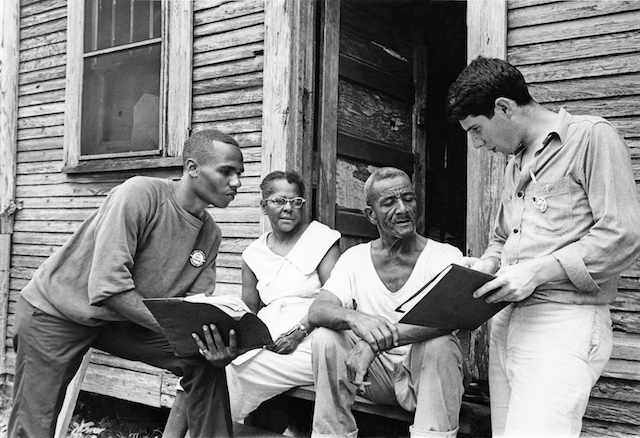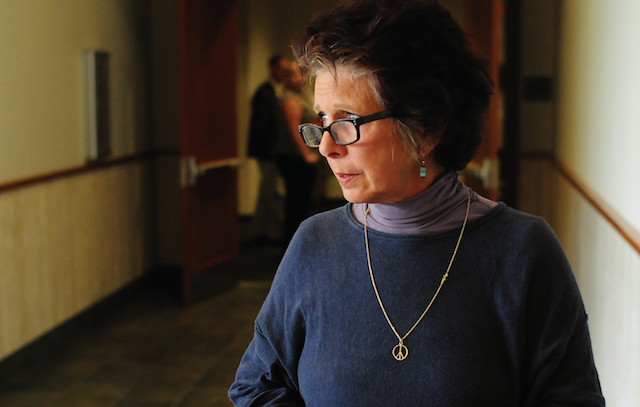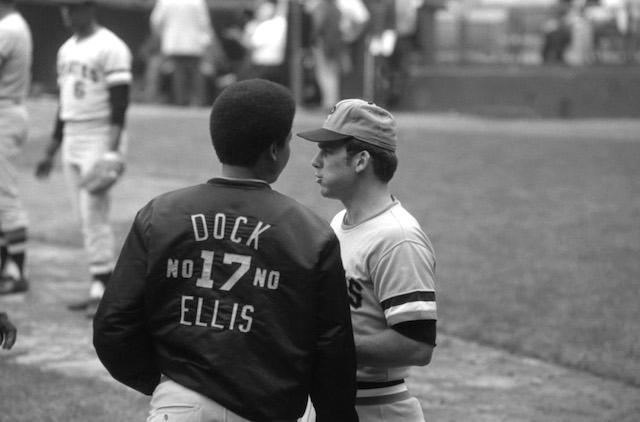The following are a collection of some of the documentaries I saw during my stay at the Sundance Film Festival and my ‘take’ on them …
Freedom Summer
Freedom Summer will premiere on PBS’ The American Experience later this year, but I was fortunate to catch a glimpse of the finished doc at Sundance.
In the hot and deadly summer of 1964, the nation could not turn away from Mississippi. Over ten memorable weeks known as Freedom Summer, more than 700 student volunteers joined with organizers and local African Americans in an historic effort to shatter the foundations of white supremacy in one of the nation’s most segregated states. The summer was marked by sustained and deadly violence, including the notorious murders of three civil rights workers, countless beatings, the burning of thirty-five churches, and the bombing of seventy homes and community centers.

Freedom Summer highlights an overlooked but essential element of the Civil Rights Movement: the patient and long-term efforts by both outside activists and local citizens in Mississippi to organize communities and register black voters — even in the face of intimidation, physical violence and death. The Freedom Summer story reminds us that the movement that ended segregation was far more complex than most of us know.
ILC’s take: as a child of the post-Civil Rights era, I was fully aware of the Freedom Summer, I was not aware of the level organization and pre-thought that went into busing and embedding of the resources throughout Mississippi. While the first three-quarters dealt specifically with the social movement aspects of the summer, towards the end, Freedom Summer took a decidedly political tone, focusing on the efforts to democratize the state of Mississippi’s Democratic party to be more inclusive. In doing so, their efforts garnered national attention and became a bit of a thorn in the side of then-President Lyndon B. Johnson, who many may be surprised by his actions and reactions to what was going around him.
Private Violence
One in four American women experience domestic violence in their homes. Have you ever asked, “Why doesn’t she just leave?” Private Violence challenges the stigma surrounding this presumptive notion as it intimately follows the stories of two women: Deanna Walters, who transforms from victim to survivor, and Kit Gruelle, also a survivor, who advocates for justice on behalf of Deanna and others.

ILC’s take: the screening was proceeded by a short, One Billion Rising, which captured moments from around the world in celebration of V-Day, the annual event that raises awareness to the global scourge of violence against women and girls. I like to think of it as more of a call to action that anything else. But onto Private Violence. This is a very intimate look at the world of women living in a very private hell made all the more impactful for that reason. The film does an effective job of going broad where it needs it but then pulling you immediately back in the here and now of Deanna’s ordeal. Inevitably a lot of issues surrounding how we, as a society, react and respond to cases of domestic violence. And while there are no easy solutions, this film (to air on HBO) gets the message out there and will hopefully be a clarion call to action.
No No: A Dockumentary
On June 12, 1970, Dock Ellis threw a no-hitter for the Pittsburgh Pirates. In 136 years of baseball history, only 276 no-hitters have been recorded. Dock is the only pitcher to ever claim he accomplished his while high on LSD.
Dock was often at the forefront of controversy and has been called the “Muhammad Ali of Baseball.” He was an outspoken leader of a new wave of civil rights in sports, when black athletes were no longer content to accept second-class treatment or keep their mouths shut about indignities. The press labeled him a militant.After Dock retired from baseball, he was as outspoken about his addictions to alcohol and amphetamines (aka “greenies”) as he had been about racial prejudice during his career.
ILC’s take: Baseball stories always seem to work well on film, at least for me. The Dock Ellis story is a welcome addition to this subgenre. No No is a cautionary tale about the pitfalls that can overtake an otherwise promising professional career. But it is also a story of redemption and second chances that shows its audience that no matter the circumstances, one can take their experiences and have the lessons learned from said experience benefit others. Blended with a mix of humor and social commentary, I think No No will appeal to sports fans and those who appreciate documentary films alike.
Images and synopses provided by the Sundance Institute.

